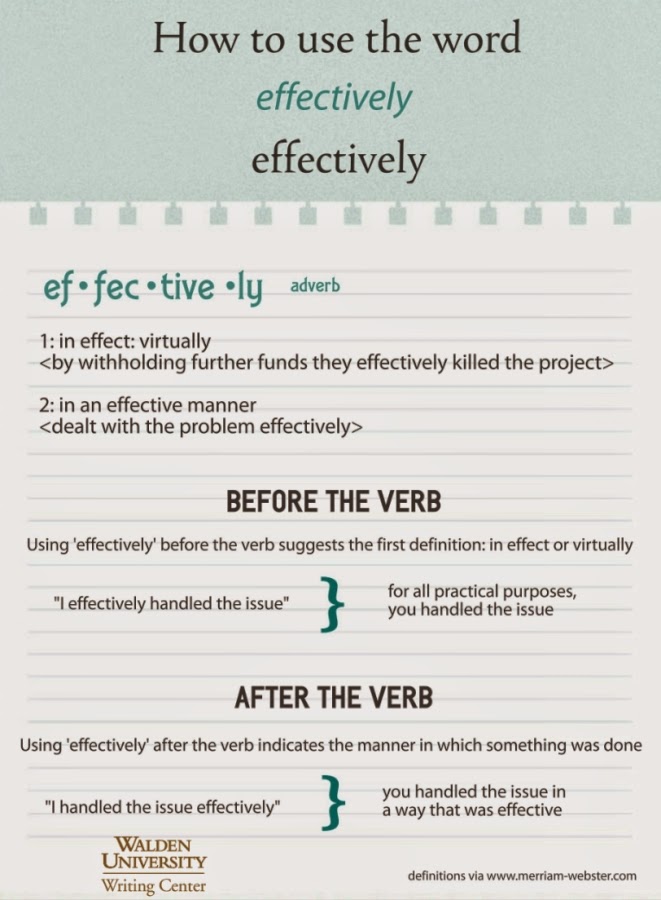This fall, for the first time in my life, I was accused of
plagiarism. I had written a literature review for my online graduate program,
and due to the frequency of citations as well as the length of my reference
list, my draft received a rather high similarity score in Turnitin (TII).
Having felt proud of the work I submitted and confident in my paraphrasing and
citation skills, I was shocked and disheartened to see a note from my professor
advising me to rewrite the entire paper.
Okay, so this was not exactly an accusation, but it sure felt
like one! After a moment of panic, I wrote back to my professor, politely
pointing out that the only flagged content consisted of citations, references,
and a few common academic expressions. We engaged in a small debate on the
topic, and at last my professor concurred, acknowledged that a high similarity
was to be expected due to the nature of the assignment, and even thanked me for
reminding him of the need to analyze TII reports rather than judging a paper
solely on its similarity percentage. This story has a happy ending, but I found
the whole experience to be incredibly uncomfortable, and I had to wonder: If I
did not have so much professional experience with TII, would I have stood up
for my work? Would I have contacted my professor at all?
My purpose here is not to discuss how to interpret TII
reports—we’ve done that in previous posts—nor is it to criticize my professor, who only
wanted to help me improve my writing. Instead, my goal is to offer a student’s
perspective on Amber’s
recent blog post as well as to WriteCastEpisode 15, both of which focus on responding to faculty feedback. These
resources offer invaluable tips and best practices. However, as I learned this
fall, engaging with feedback can be harder than it sounds – even for someone
who reviews academic papers nearly every day.
Writing that first e-mail to my professor was not easy. I
had to rein in my initial reactions, including panic that I had inadvertently
plagiarized, indignation (“Don’t you know what I do for a living?”), and a
natural inclination to acquiesce to authority figures. I had to analyze an idea
that I found unpleasant—the possibility that I had plagiarized—and ask myself: Can
I see where my professor is coming from? Do I understand the nature of his
concern? Do I see anything that I did wrong? What evidence do I have to support
my perspective? And then, after all of this, I needed to craft an articulate,
respectful, convincing e-mail voicing my questions and concerns.
Engaging takes time. It takes mental effort. It requires us
to juggle confidence in our perspective with open-mindedness and humility. No
wonder so many of us, at the end of a long working day, are wary about
expending this kind of effort. No wonder we want our homework to be as simple
and painless as possible. And no wonder that even when we feel confused,
isolated, or frustrated, we hesitate to reach out, to challenge, to ask.
But this type of engagement is exactly what we signed up for
when we enrolled in higher education. If we are unwilling to engage our faculty
in conversations and to learn more about our work, we run the risk of become
passive consumers of knowledge or of falling into learning ruts. When we
actively communicate our questions, comments, and concerns, however, we are
co-creators of our learning experiences. We are holding up our end of the
academic conversations. From my perspective, this is our responsibility as
students: not just to absorb information, but to process that information,
interpret it, make it relevant, and contribute
to it.
So the next time you receive difficult feedback from a
professor, a classmate, or even a Writing Center writing instructor, remember the following:
1. You’re not alone! If you have a question or
concern, odds are that someone else does as well.
2. Your instructors don’t know how to help you
unless you contact them. They can’t meet your needs until you make those needs
known.
3. It is your right and responsibility to construct
your own learning experience. Make it a good one.
Kayla Skarbakka is a writing instructor and coordinator of international writing instruction and support. She is earning her M.S.Ed. from Purdue University.
.png) Never miss a new post; Opt-out at any time
Never miss a new post; Opt-out at any time




.png)
.png)


.png)

.png)
